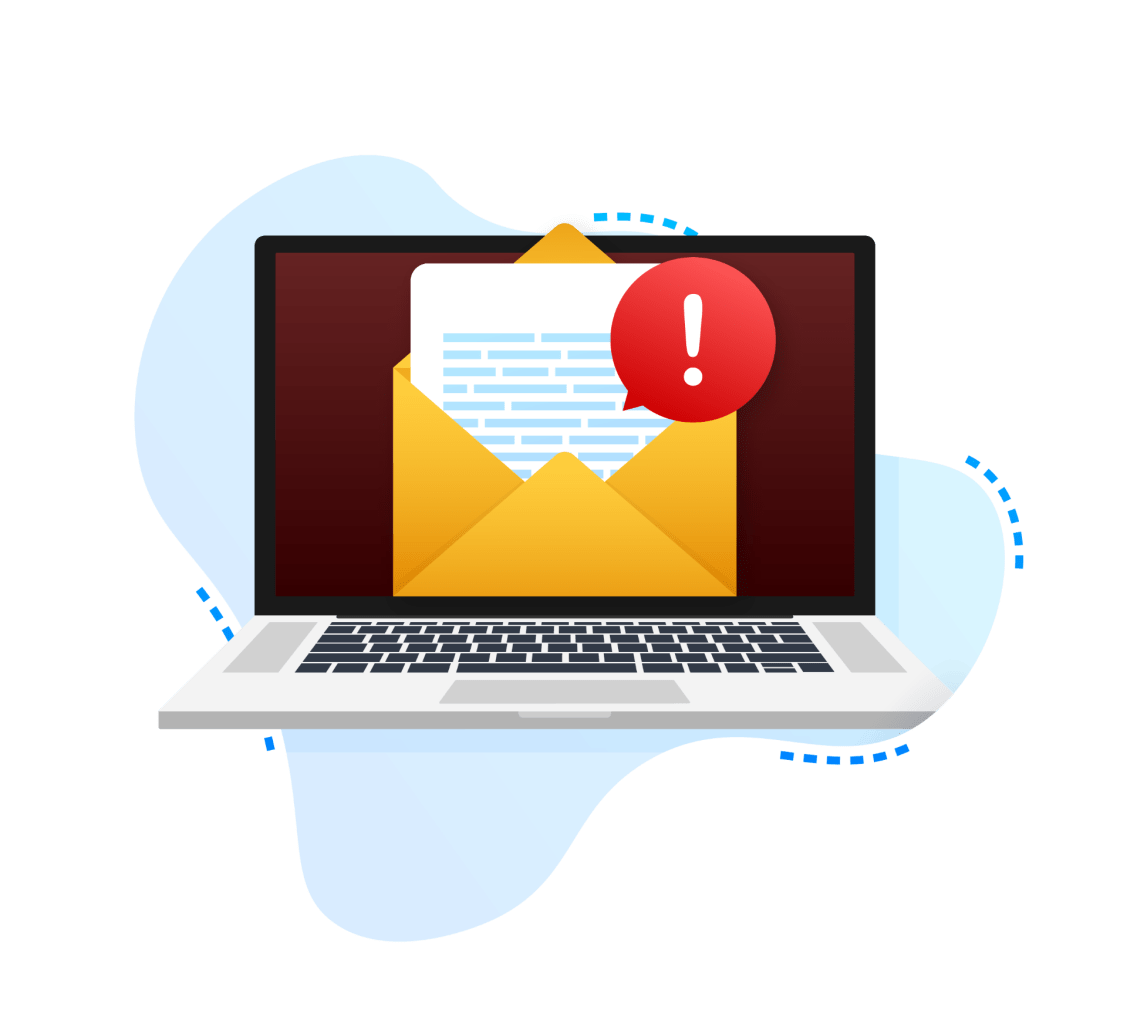Many of us receive a steady flow of emails every day, including bank statements, order confirmations, or sales promotions. To keep up, you may look through your inbox as quickly as possible—but do not forget to stay vigilant. Cybercriminals take advantage of haste and send dangerous, unexpected emails.
Unusual Account Activity Detected
One of the most popular unexpected email scams includes fake banking emails. Cybercriminals will send an email appearing to be from a legitimate bank, claiming that they have suspended your account due to unusual activity. Before acting, consider whether it makes sense that you are getting this email. Ask yourself questions like:
- Do you have an account with this bank?
- Is this how your bank typically contacts you when they detect unusual activity?
- When was the last time you checked your bank account?
If you do not stop and think, you may give cybercriminals exactly what they want.
Your Large Purchase Is on the Way
In another scam, cybercriminals imitate a popular retailer’s order confirmation email. An email might say, “Your card was charged a large sum of money, and your order is on the way.” Even though a fraudulent charge is alarming, pause and determine if the email makes sense. Ask yourself questions like:
- Do you shop at this retailer?
- Have you ever entered your credit card information on their website?
- Does the email include any accurate identifying information, like your name, credit card number, or shipping address?
Without pausing to ask yourself questions like these, you may fall right into a cybercriminal’s trap.
What Can We Do to Stay Safe?
Follow the tips below to stay safe from unexpected email scams:
- When you receive an unexpected email, stop and consider the context. For example, if the email is about an order you did not place, it could be a scam.
- Never click a link in an email that you are not expecting. Instead, open your internet browser and visit the organization’s official website.
- Watch out for urgent messages, such as an email alerting you about an expensive credit card charge. Phishing attacks rely on impulsive actions, so always think before you click.
